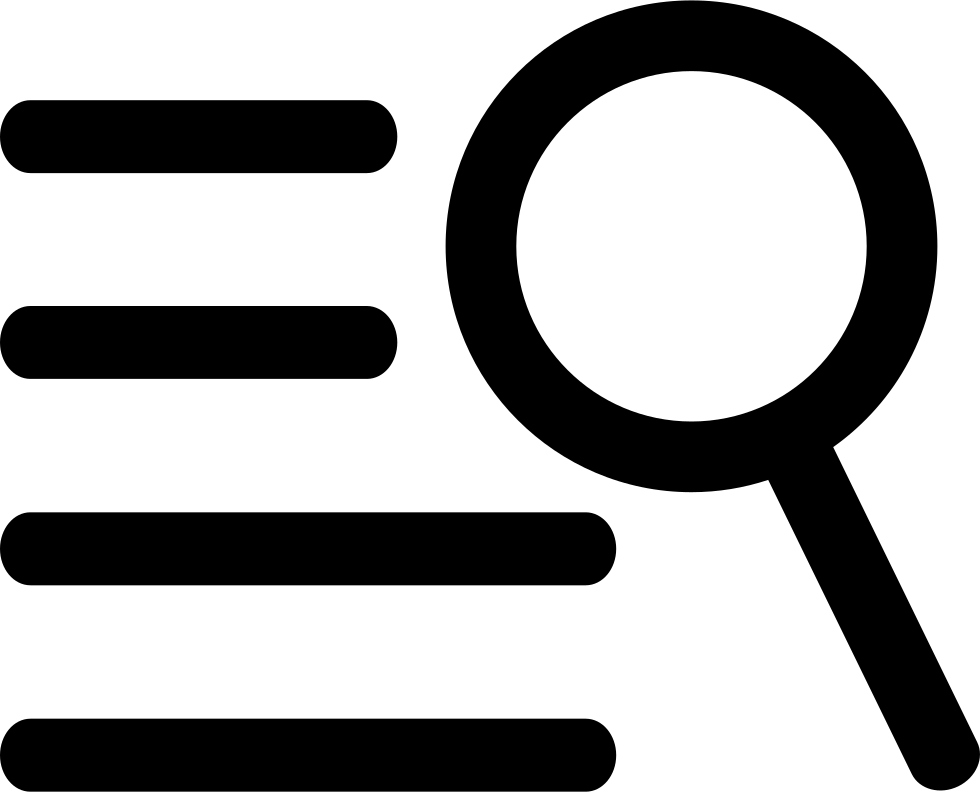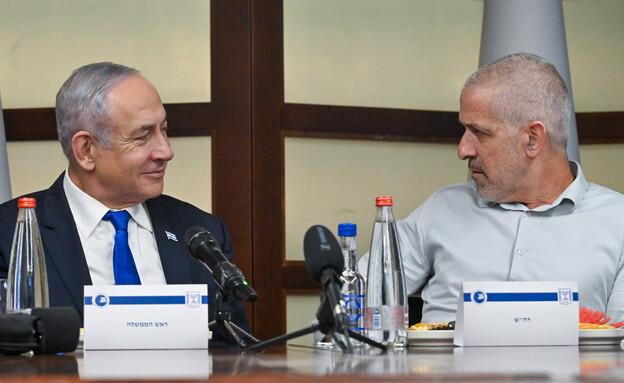This morning marks exactly ten years since Israel’s 2015 election. It wasn’t Benjamin Netanyahu’s first victory, nor was it his last—and certainly not his largest—but it might have been the most significant among the six he’s achieved. March 17, 2015, was the day Israeli politics changed dramatically—and Netanyahu himself changed along with it.
His victory against all odds—against unfavorable polls, investigations, and a hostile media—powered largely by social media, convinced Netanyahu to launch an assault on the remaining strongholds of his left-wing opponents: the media, judiciary, and culture. Netanyahu’s ongoing trial, which began five years ago, stems directly from those efforts.
Yet even at the height of his power, Netanyahu did not dare confront what he saw as the strongest system of all: the defense establishment. He appointed Gadi Eisenkot—who later became a political rival—as IDF Chief of Staff, and as head of the Shin Bet he appointed Nadav Argaman, who recently appeared to threaten Netanyahu in a prime time television interview. A decade later, nearly thirty years after Netanyahu first entered the Prime Minister’s Office, he is now trying to complete his mission and reshape Israel’s defense leadership in his image. In November, he dismissed Defense Minister Yoav Gallant; in January, he replaced IDF Chief of Staff Herzi Halevi; and just last night he showed the door to Shin Bet chief Ronen Bar.
How, after the catastrophic failures of October 7, and with his popularity in polls significantly weakened, is Netanyahu managing to do what he never dared before? How is it that in 2023, firing the defense minister sparked massive protests, yet yesterday the only demonstration was a sparsely attended Zoom meeting? How did his government, teetering before the war, now find itself passing a national budget this week, thereby securing its stability through 2026?
The answer is that Bar and his colleagues are paying the price for the October 7 massacre. According to a Channel 12 News poll last week, 64 percent of the public supports Bar’s resignation, compared to only 18 percent who want him to stay. It’s challenging to rally people in the streets in support of someone the public already wants gone. October 7 isn’t the sole reason for Bar’s dismissal—if it were, Netanyahu himself should resign first—but it’s the reason why firing him became politically feasible.
Netanyahu fired Bar because he saw him as the linchpin of resistance to his rule. He mistakenly suspects Bar of blackmailing him with sensitive information—claims that surfaced prominently in the media and featured in interviews with Bar’s predecessor, Argaman. Netanyahu believes Bar and Attorney General Gali Baharav-Miara concocted the “Qatargate” investigation, which implicates Netanyahu’s advisors in receiving money from a Gulf state supportive of terrorism in order to cling to power. As long as this investigation continues, Netanyahu is allegedly compromised. The Prime Minister suspects the Shin Bet chief of fabricating charges, while the Shin Bet chief believes Netanyahu is acting unlawfully.
In the background, a conflict surrounding “Qatargate” is unfolding—but it’s receiving insufficient attention. The Attorney General and Shin Bet are leaking claims that it’s a grave scandal, while the police insist there’s no evidence, nor a clear crime. The accusations are serious: the police are suggesting that the Attorney General and Shin Bet are investigating individuals rather than crimes, motivated by political reasons, while the Attorney General claims the police are politically controlled by the government.
Recent IDF investigations revealed that only a single junior intelligence operative alerted the Shin Bet on the night of October 7 about unusual activity in Gaza. Netanyahu believes the Shin Bet had more agents in the Prime Minister’s Office than in Gaza before the massacre.
Ronen Bar, a courageous soldier and dedicated public servant, made a serious misstep yesterday by issuing a statement implying he might reject the government’s authority. He quickly clarified his remarks—for the second time this month (he was previously quoted as saying he would not resign until he “enforced” a state commission of inquiry into October 7 and determined his successor.) Israel’s Supreme Court will rule next week on the legality of his firing.
When the new Shin Bet head is chosen—irrespective of Netanyahu—it would be wise to appoint someone who knows Arabs beyond the sights of a rifle. Bar, Argaman, and other recent military intelligence chiefs rose through operational units rather than those specializing in deep, personal engagement. Among the war’s lessons should be the importance of intelligence built on direct familiarity with our neighbors. As for the culture of governance—we’ve already fully adopted it from them.







